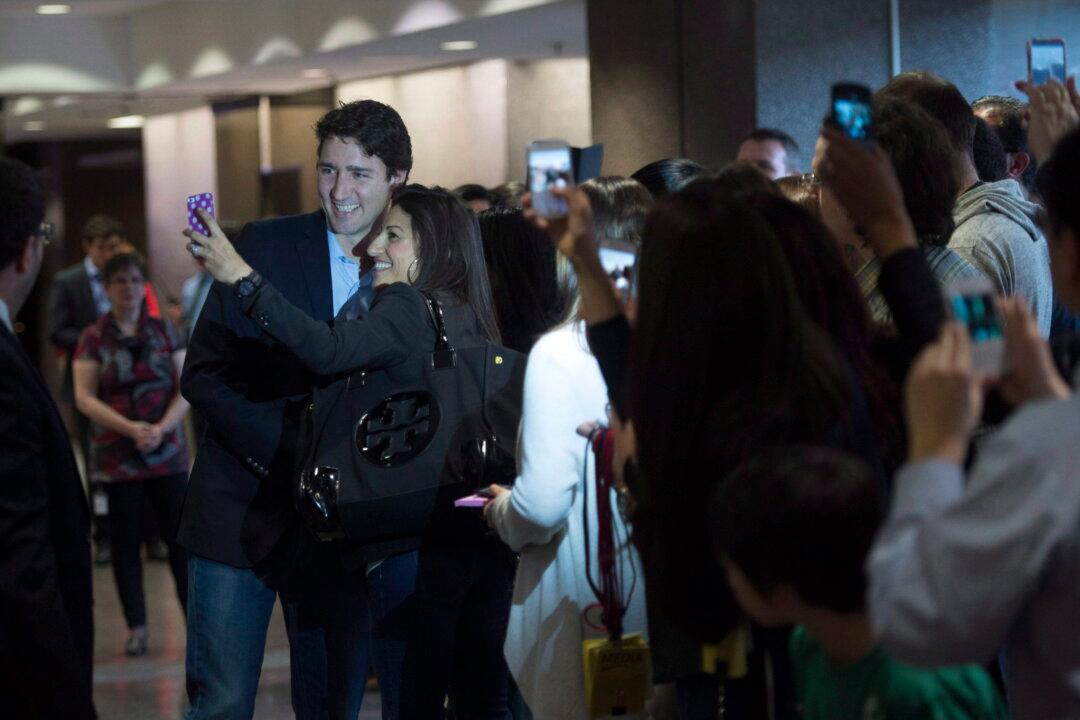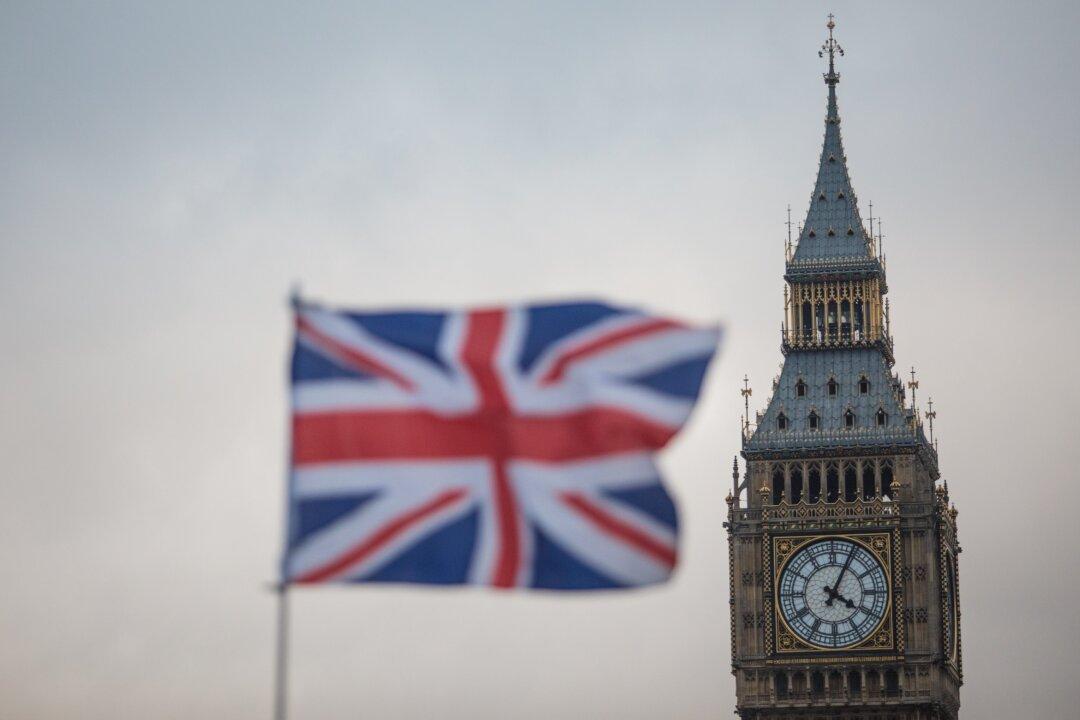Commentary
In Canada’s democratic political system, after a general election, the party winning the largest number of seats in the elected assembly forms the next government, and the party winning the second-largest number usually becomes “the Official Opposition.” On the surface, therefore, it might appear that the chief sources of criticism and opposition to the decisions and policies of the newly elected government will be the Official Opposition.





